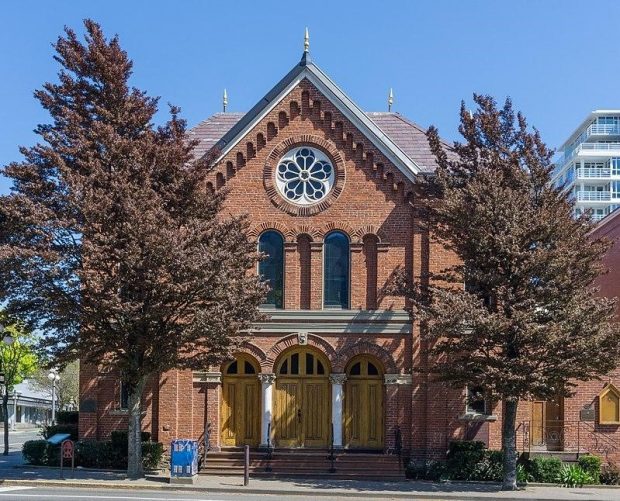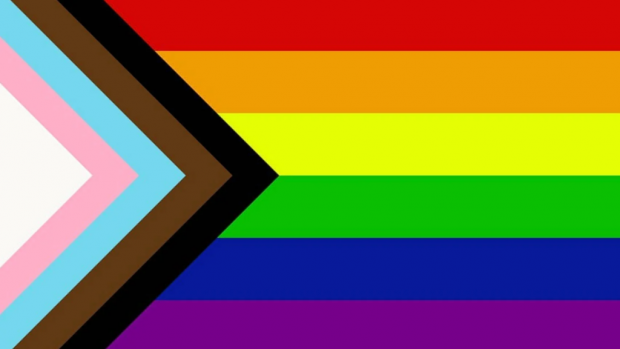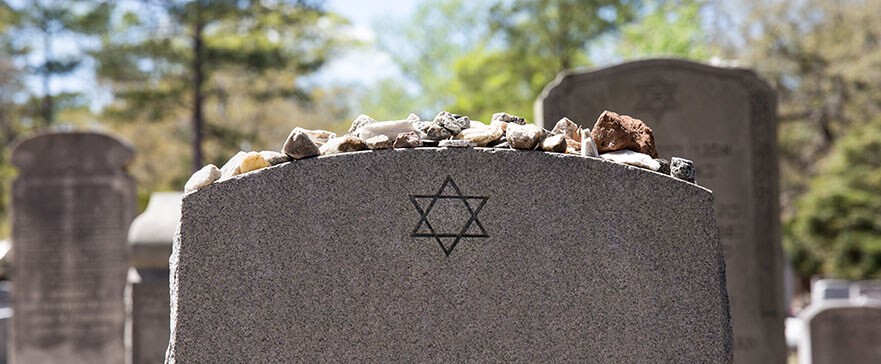In a data-driven world, we need to honour and remember the people that make field experience possible, both the living and dead.
Guest post by Jordyn L.
*TW*- mentions of death, funerals, World War 2, please read with your wellbeing in mind.
Well, we’ve only had two days where we go into the field so far, which makes this an odd time to blog about the field work. However, I think we covered the most important foundation of the entire field school: familiarizing ourselves with the people. The work that we’ll be doing in the field consists of recording and cleaning monuments and doing a ground-penetrating-radar (GPR) analysis in hopes of finding unmarked graves. This is a lot of technical work and I think it can be easy in these situations to detach ourselves from the humanity of the work and simply put our heads down and ‘grind it out.’
Thankfully, our second day in the field, July 13, 2023, was a humbling reminder that all the work we’re going to be doing this month is not about grinding out an A+ grade but serving a community. We’re serving the Jewish community with the work that we are doing in the Emanu-el Cemetery, and the purpose of this course is to do the work they want us to do, not the work that will give us the best marks.
We started our day with a bit of the technical work, learning what kind of data we need to record from the monuments, how to take good pictures, and I got into the momentum of the ‘grind.’ We all put our heads down and got to work, writing down numbers and checking boxes as we were required. There was not too much thought or reflection that went into it that morning. That changed, at least for me, as we went about the rest of the day’s plans.
The first of these plans was meeting Rabbi Harry, we were running late due to a full bus (typical Victoria), but so was he, so it worked out perfectly. We met with Rabbi Harry to learn more about Jewish funeral practices- something we could have learned from a textbook or article- but also something we should learn from a Jewish person, so I am glad that we did. Don’t get me wrong, I’m sure there are plenty of amazing articles and textbooks written by Jewish people on this topic- but nothing quite delivers the importance of the small details like talking to a person face-to-face who has lived a life so familiar with them.
Rabbi Harry was a bit short for time but he gave us so many personal details about the community here in Victoria and how they do things in a way that is personal to this community rather than read off of an article from anywhere in the world- where the author only speaks to their community or generalizations of communities they’re familiar with.

The Congregation of Emanu-el synagogue in Victoria, BC. It is an elegant, historic building with Victorian and Gothic Revival architectural features. The entrance has intricate stone carvings, and the building has tall windows and decorative spires on the roof. The surrounding landscape is well-maintained.
He told us about his friend Jen who was the first buried in the section that has been set aside to develop a space inclusive for non-Jewish partners and loved ones, because her husband is Jewish. The fact that this section of the cemetery is such a priority in the community right now, and the giant progress flag on the wall, really showed me how much this community holds inclusivity close to its heart. This really resonated with me as someone who also holds it close to my heart.

The progress pride flag, containing a white triangle on the left side, with a thick pink border then blue border, then brown border, then black border. The rest of the flag is the standard rainbow pride flag, with the red stripe on top, then orange, then yellow, then green, then blue, then purple.
As for the actual funeral practices- I was shocked to find how familiar the practices were to me. My best friend is Baha’i, a religion originating in the Middle East near Iran in the 19th Century, and they practice many of the same overarching practices. That is, no chemicals to preserve the body, the washing of the decedent, the “green burial”/ wooden casket that is fully biodegradable. Of course, there are different details and prayers as they are different religions- but these practices being so similar really shocked me.
After we had the privilege of speaking to Rabbi Harry about the funeral customs in the Victoria Jewish community, we returned to the Emanu-el Cemetery for our tour with the historian Amber, and the former cemetery director Rick. We only had a brief chat with Rick about the Holocaust memorial, and some of the survivors buried in the cemetery. This was very important to me, as I’m not Jewish and I can never really understand how much the events of World War 2 impacted the Jewish community. So, when Rick told us that it took a very long time for Jewish people to be able to talk about it (like 40-50 years long time) I was both shocked because that’s a long time- but also, I wasn’t shocked at all because obviously it was horrible beyond imagination.
